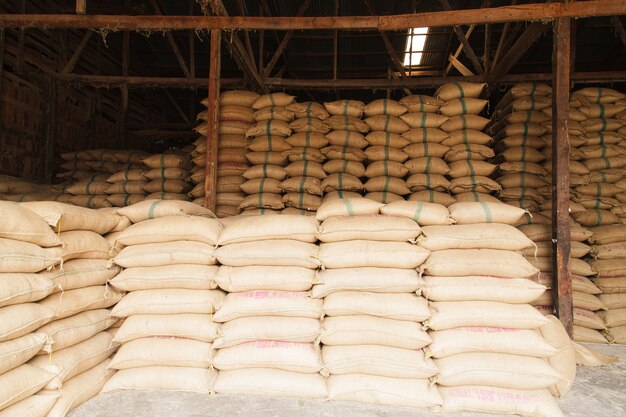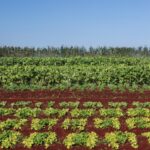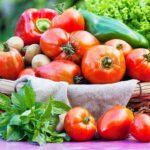Local seed banks play a crucial role in preserving biodiversity, ensuring food security, and protecting indigenous crops. In South Africa, promoting the development and use of local seed banks can empower communities, enhance sustainable farming practices, and support agricultural resilience. Here are 10 effective ways to promote local seed banks in South Africa:
1. Raise Public Awareness
Education is key to promoting local seed banks. Organizing community workshops, seminars, and campaigns can help raise awareness about the importance of preserving indigenous seeds. Highlighting the role of seed banks in sustaining biodiversity and supporting local food systems will engage more people in the cause.
2. Partner with Local Farmers
Engaging small-scale and traditional farmers is essential for promoting seed banks. Collaborating with these farmers to collect, store, and distribute indigenous seeds ensures that local varieties are maintained and adapted to the region’s unique climate and soil conditions.
3. Leverage Social Media
Social media platforms are powerful tools for reaching a wide audience. Promoting local seed banks on platforms like Facebook, Instagram, and Twitter can engage urban and rural communities alike. Sharing success stories, facts about indigenous seeds, and the benefits of seed saving can increase interest and support.
4. Incorporate Seed Banks into School Curricula
Introducing seed saving and the importance of biodiversity into educational programs can foster a new generation of farmers and environmentally-conscious citizens. Schools, colleges, and agricultural institutes should incorporate lessons on local seed banks, seed sovereignty, and sustainable agriculture into their curricula.
5. Organize Seed Exchange Events
Seed exchange events, also known as seed swaps, provide a platform for farmers and gardeners to share indigenous seeds and knowledge. Hosting these events at local markets, community centers, or agricultural fairs can strengthen the network of people who are passionate about preserving local seed varieties.
6. Collaborate with Non-Governmental Organizations (NGOs)
Many NGOs in South Africa focus on sustainable agriculture, environmental conservation, and food security. Partnering with these organizations can provide local seed banks with the resources, funding, and technical expertise needed to thrive. NGOs can also help promote the initiative at a national level.
7. Provide Financial Incentives for Farmers
Offering financial incentives or subsidies to farmers who actively participate in local seed banks can boost involvement. Providing grants, low-interest loans, or tax breaks to farmers who prioritize seed saving and local crop diversity encourages widespread adoption of these practices.
8. Promote Indigenous Knowledge and Practices
Indigenous knowledge about seed preservation and traditional farming methods is invaluable. Promoting the use of these time-tested techniques, along with indigenous crop varieties, can help local seed banks maintain resilient and climate-adapted seed stocks. Documenting and sharing these practices can also protect cultural heritage.
9. Develop Community-Based Seed Banks
Creating community-based seed banks ensures that seed saving and preservation are integrated into local agricultural systems. These community seed banks can act as hubs where local farmers store, exchange, and regenerate seeds, providing access to diverse crop varieties and reducing dependence on commercial seed companies.
10. Advocate for Government Support
Government backing is crucial for the long-term success of local seed banks. Advocating for policies that support seed sovereignty, indigenous crops, and biodiversity preservation can encourage more funding and resources for seed bank initiatives. Lobbying for the inclusion of local seed banks in national agricultural policies will elevate their importance and ensure their sustainability.
Promoting local seed banks in South Africa requires a multi-faceted approach that involves education, community engagement, and support from various sectors. By focusing on preserving indigenous seeds and promoting sustainable agricultural practices, local seed banks can play a vital role in safeguarding the country’s biodiversity and ensuring food security for future generations.
Join 'Farmers Mag' WhatsApp Channel
Get the latest Farming news and tips delivered straight to your WhatsApp
CLICK HERE TO JOIN






